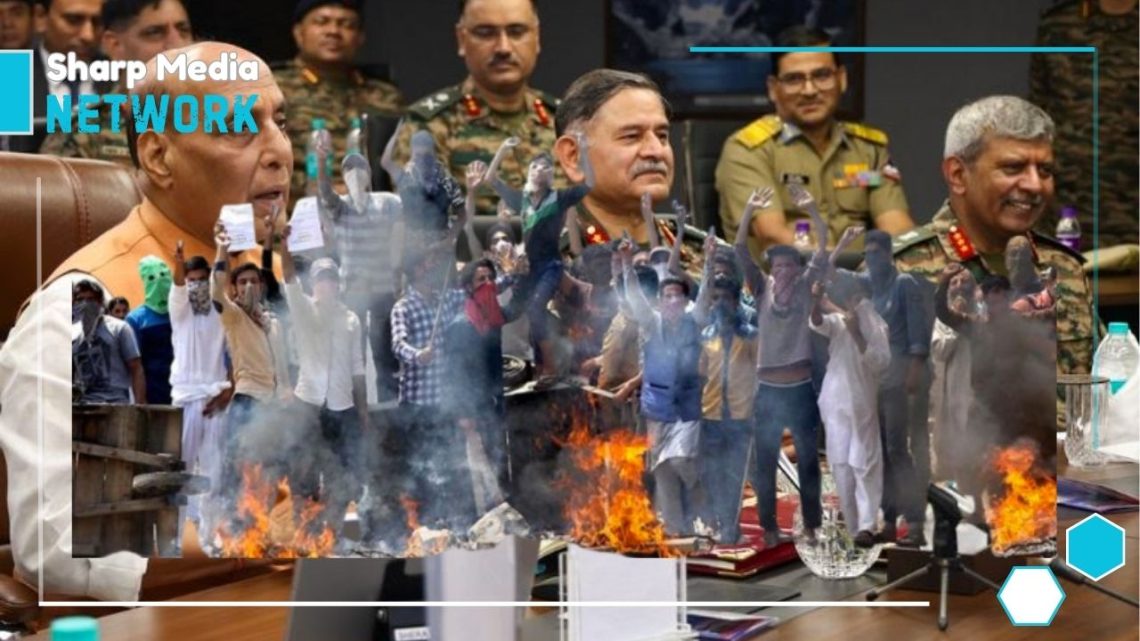
India’s Baseless Claims about the Status of AJK Threaten Regional Peace and Security
January 20, 2025As tensions rise in South Asia, India’s aggressive policies and provocative rhetoric are increasingly seen as the primary threat to regional stability.
India’s recent actions and statements have sparked serious concerns about the future of peace and security in South Asia. From provocative rhetoric by Indian leaders to baseless claims about the status of Azad Jammu and Kashmir (AJK), it is clear that India is pursuing a policy that undermines stability in the region. Such actions, fueled by political and military leadership, are heightening tensions and escalating the risk of conflict in the already volatile region.
Indian leaders, particularly from the Bharatiya Janata Party (BJP), have made several inflammatory statements regarding AJK that are not only factually incorrect but also dangerous for regional peace. These claims have become a central part of India’s strategy to maintain control over Indian Illegally Occupied Jammu and Kashmir (IIOJK), despite the region’s contested status under international law. Hindutva leaders, by perpetuating these baseless narratives, are attempting to reshape the historical facts surrounding the Kashmir issue—facts that cannot be altered by rhetoric or political expediency.
India’s use of military force and strong-arm tactics in IIOJK is another crucial factor destabilizing the region. The Indian government has shown little regard for the legitimate demands of the Kashmiri people for self-determination. Under Prime Minister Narendra Modi, India has implemented a series of undemocratic measures aimed at suppressing local opposition and silencing dissent, further alienating the people of IIOJK. These heavy-handed policies only serve to deepen the divide and contribute to the region’s instability.
Modi’s approach to IIOJK, characterized by militarization and the suppression of democratic freedoms, poses a serious threat not just to regional peace but to global security as well. The Indian government’s unwillingness to engage in meaningful dialogue on the Kashmir dispute has made it clear that peace is not a priority for New Delhi. This obstinacy is, unfortunately, a major driver of the long-term instability in South Asia.
Despite India’s destabilizing actions, Pakistan continues to lead efforts for regional peace and stability. Pakistan has consistently raised the alarm about India’s role as a spoiler in the region, urging the international community to hold India accountable for its violations of United Nations Security Council (UNSC) resolutions concerning Indian Illegally Occupied Jammu and Kashmir (IIOJK). These violations not only endanger regional peace but also have the potential to escalate into a broader conflict with global implications.
The international community must take urgent steps to address India’s destabilizing behavior. India’s refusal to respect international agreements and its ongoing violations of UNSC resolutions pose a direct threat to both regional and global peace. It is essential that the world forces India to take steps toward creating conditions that would allow for a lasting resolution to the Kashmir issue.
Since the partition of India and Pakistan in 1947, India has consistently played the role of the true spoiler of peace and stability in the region. From its illegal occupation of IIOJK to its ongoing refusal to engage in peaceful negotiations, India has shown a persistent disregard for the rights of Kashmiris and the principles of international law. The people of IIOJK, along with the broader South Asian community, continue to suffer because of India’s refusal to resolve the Kashmir dispute justly.

